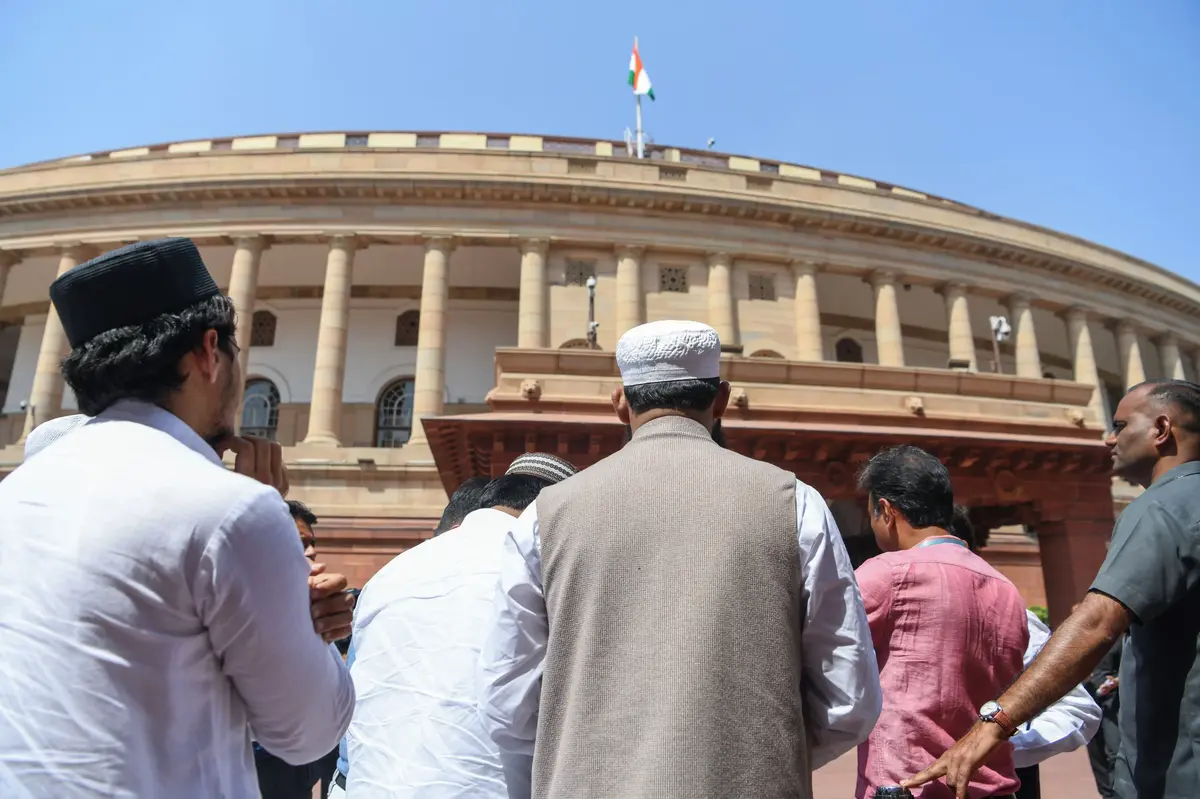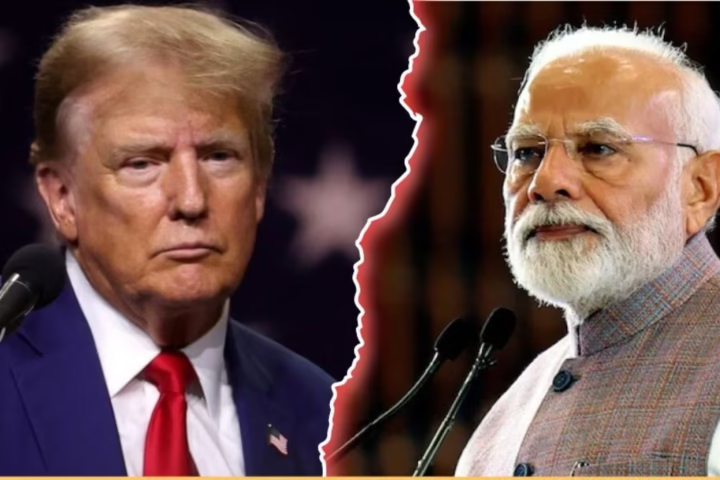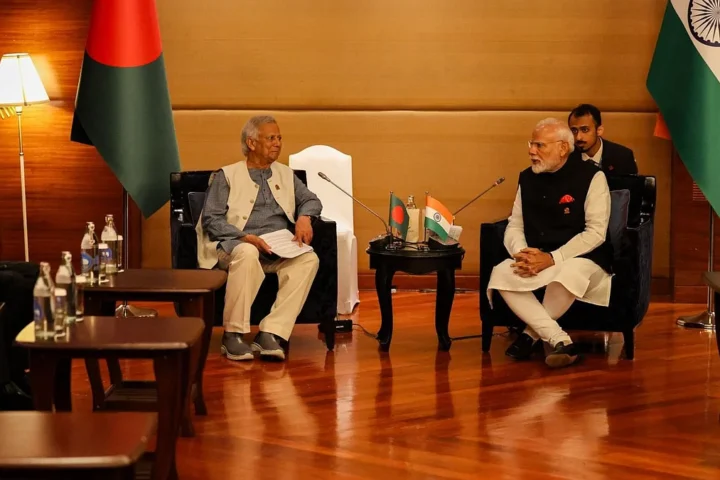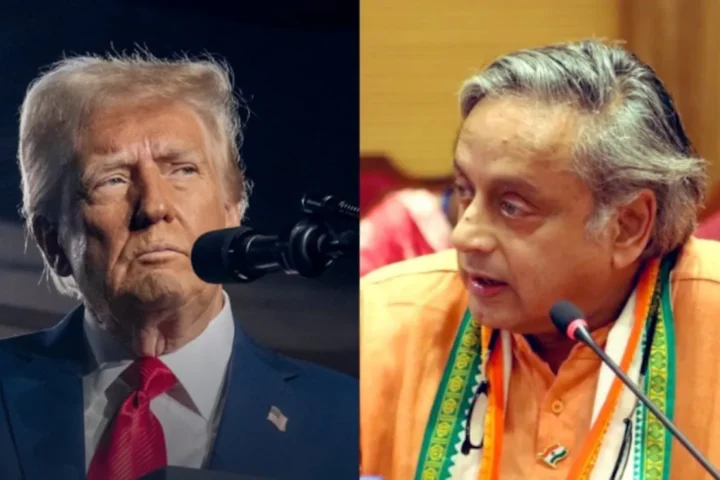In a dramatic midnight session, the Rajya Sabha passed the controversial Waqf (Amendment) Bill, 2025, with 128 votes in favour and 95 against, following a heated 12-hour debate. The Lok Sabha had cleared the bill just a day earlier with a 288-232 vote count.
With this, the President is now set to approve the bill, which introduces sweeping reforms in the administration of Waqf properties.
What Is the Waqf Amendment Bill?
The bill seeks to amend the Waqf Act of 1995, introducing changes aimed at streamlining governance, increasing accountability, and bringing transparency to the functioning of Waqf boards across India.
But while the government calls it a reformative step, opposition parties say it targets the Muslim community and undermines their constitutional rights.
Key Provisions of the Bill
- Tribunals Empowered: Structured appointment process and fixed tenures for faster dispute resolution.
- Mandatory Audits: Waqf institutions earning above ₹1 lakh to be audited by state-appointed auditors.
- Digital Overhaul: A centralised portal for real-time Waqf property management.
- Reduced Contribution: Waqf institutions’ mandatory contribution to boards slashed from 7% to 5%.
- Inclusive Boards: Non-Muslim members to be included in state and central Waqf boards.
- Protection for Women: Women must receive rightful inheritance before a Waqf declaration. Special safeguards added for widows, divorcees, and orphans.
- Land Dispute Checks: Only officers above collector rank can probe claims on government land as Waqf.
- Restoring Old Rules: Muslims practising for at least five years can once again dedicate property to Waqf, reviving pre-2013 provisions.
Why It’s Making Headlines
The bill has triggered a sharp political divide. Union Minister Kiren Rijiju defended it as beneficial for millions in the Muslim community and highlighted that many Joint Parliamentary Committee recommendations were included.
The opposition, however, painted a different picture. Leader of Opposition Mallikarjun Kharge called the bill unconstitutional and claimed it would “suppress” Muslims and disturb communal harmony.
Congress plans to challenge the bill in the Supreme Court, calling it a direct attack on minority rights.
The Flashpoint in Parliament
Tempers flared in Rajya Sabha as BJP’s Radha Mohan Das Agrawal and Congress MP Syed Naseer Hussain locked horns. Allegations were exchanged, including references to pro-Pakistan slogans allegedly raised in Karnataka — a claim hotly contested by the Congress benches.
Meanwhile, Nationalist Congress Party (SCP) MP Fouzia Khan vowed continued protests. Interestingly, BJD MP Muzibulla Khan opposed the bill, but senior party leader Sasmit Patra backed it, stating BJD had allowed members to vote based on conscience.
What Happens Next?
With both Houses giving their nod, the bill will now be sent to the President of India for final approval. Once signed, the new law will come into effect nationwide.
But the story is far from over. The Grand Mufti of Jammu & Kashmir has openly criticised the bill and hinted at legal action. The opposition is preparing for a judicial battle. Protests may follow.
Interesting Read
The Bottom Line
The Waqf Amendment Bill 2025 is more than just legislation — it’s a political flashpoint that may have lasting implications for governance, minority rights, and electoral narratives in the months ahead.







